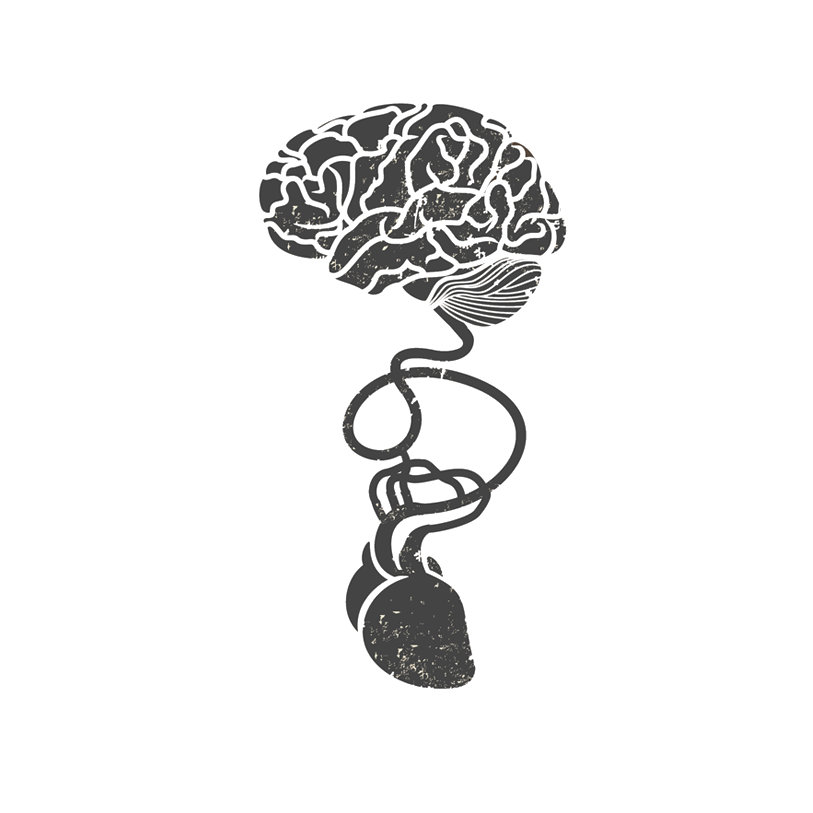Copy of Art As Therapy
*Note: This is a post from a previous iteration of this site, and was written in 2016.
I recently had the pleasure of chatting with community artist, Lois Keller, on the pod. All of my guests give me things to think about and ponder for days following our visits. Things related to art, how I approach my art, how I experience the art of others. Lois left me with something a little bit different. A little more personal. Thoughts of art as therapy.
In sharing how her mother, Peggy’s, Alzheimer’s has affected her art and how her art has been a sort of journal of her experience with her mom’s disease, Lois got me thinking about my own experience of losing my dad.
My dad died while I was in college. I was studying graphic design at the time. After the funeral, and after all of the activity around his passing quieted, something inside me dulled. It wasn’t long before I put down my pencils, abandoned my drafting table, and stopped. I stopped creating. I started doing less, shall we say productive, things. I spun out of control for several years, making poor choices in just about every area of life that requires any sort of decision-making. Which is all of it.
Eventually, I rediscovered my childhood love of acting. It was my escape and my return all rolled into one. With each character I played, I was forced to tell a truth that I’d been suppressing. It freed me. It opened me up to myself, and eventually led me back to illustrating. One form of art facilitating another. I’m reminded of an interview with David Bowie where he talked about how he painted when he didn't have the words for his music. And when he'd finish the painting, he'd have the song. That’s another post for another time, but you get the idea.
Today I wonder, if I would have clung a little harder to my pencils, would I have been able to hold onto myself? I’ll never know.
What I have discovered, years later through the magic of the internet, is art therapy. According to the American Art Therapy Association “Art therapy has the unique ability to unlock emotional expression by facilitating non-verbal communication. This is especially useful in cases where traditional psychotherapy has been ineffectual. Art and art making are inherently perceptually and sensory based and involve the brain and the body in ways that verbal language does not. Art therapy provides an alternative means of communicating for those who cannot find the words to express anxiety, pain or emotions as a result of trauma, combat, physical abuse, loss of brain function, depression, and other debilitating health conditions.”
Art therapists are trained in both therapy and art. They’re trained to pick up on nonverbal symbols and metaphors that are expressed through the creative process, concepts that are difficult to express with words.
I think creating anything in the midst of/after a traumatic experience, be it a painting, music, dance, woodwork, really anything, can be therapeutic. If you have access to someone who can help you figure out some things based on the art that flows from within you, well…great! If not, I think making art is still so beneficial. The only time I can truly quiet my mind is when I’m drawing. It’s my meditation, and that’s something.
If you’re in the thick of it, and traditional talk therapy isn’t doing it for you, here’s a link to the American Art Therapy Association. You can find out more about what art therapy is, links to therapists in your state, and even schools if it’s a field that sparks your interest. And here’s a link to a wonderful blog that really dives into art therapy, with deeper definitions (including expressive art therapy, music therapy, dance therapy), activities and ideas, and more resources.
Life has all sorts of twists, turns, ups, and downs for all of us. Keep creating, friends. Cling to your pencils.


